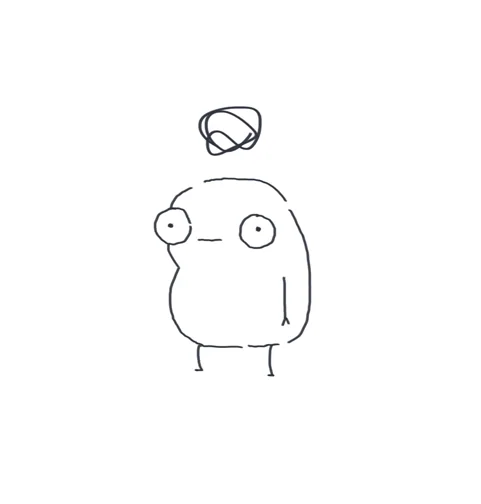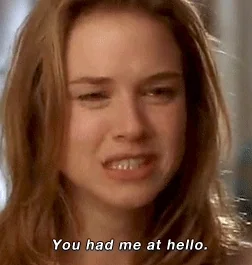This is a blog I wrote back in August for the #WriteMentor Spark Programme. Another of Stuart White’s wonderful inclusive and encouraging iniatives, Spark is a good affordable way to get help with your writing and engage with the children’s writing and publishing community.
How to keep writing when you have mental ill health – 6 practical tips
Alongside therapy, medication, and exercise, many people find writing can help to manage their mental health.

But there’s a catch: How do you write when depression means just getting out of bed is too hard? Or OCD has you stuck in a loop of some tedious behaviour? Or anxiety tells you that you’re not good enough, you’ll never be a writer, and sends your brain spiralling?
Having lived with chronic anxiety since childhood, plus depression and OCD on the side, in my experience life is always better when I’m writing. Any kind is good – non-fiction, journaling, memoir, poetry, therapeutic – but for me, fiction works best. Here, I offer some practical tips to help you keep writing on difficult days.
How to keep writing – tips

#1 Keep your tools handy
Sounds obvious perhaps, but have a notepad and pen with you – in your bag, in the car, by the bed. Even if you can’t get out from under the duvet, you can write something.
Write ANYTHING.
Write about last night’s dreams. Write down the brilliant comeback you thought of three hours after that irritating thing someone said to you. Write a word or a sentence that sums up how you feel right now.
Or maybe how you’d like to feel …
#2 Use a routine prompt
Many writers swear by a writing routine however, it can be counterproductive. Not meeting targets gives anxiety and OCD plenty of ammo for ‘you’re a failure’ type thoughts.
It can be helpful though, to have a routine prompt. This is a phrase to use daily, or as needed, to start off the writing. There’s a certain comfort in having it there to fall back on. Make one up, or ‘borrow’ someone else’s.

Joanne Harris, author of the novels The Strawberry Thief and Chocolat, amongst many others, often tweets a sentence starting: ‘And this morning the Shed is … ’
‘ … a ball of red string, rolling down a corridor … ’ 14 Aug 19
‘ … a beach hammock, strung between two coconut palms, with bright birds singing overhead and the sound of the surf in the distance … ’ 11 Aug 19
My current routine prompt is: ‘This morning’s skies are … ’
Even if you only follow this with ‘blue’ or ‘grey’, you have a sentence. And one sentence is the start of something. But it’s not really about describing the colour of the sky. Use all your senses – how does the day feel? Sound? Taste? Stay real world or go fantasy.
#3 Use a random prompt
Gather random prompts: words or sentences that strike a chord, and keep a list of them in the back of your notebook to use when the thought of a bigger project is too much.
Try:

- Song lyrics, even misheard ones.
- News headlines – reimagine the story.
- A snippet of overheard conversation – where does it take you? What comes next?
- A line from a poem, a novel, a movie
Don’t overthink it. Set yourself a short time limit, and free write –anything that comes into your head.
There are plenty of prompts online, but procrastinating is likely! Stick with one, like Ad Hoc Fiction, which gives a weekly one word prompt for Flash Fiction. It’s a good way to get writing, with the added bonus of a free weekly competition!
#4 Restrict yourself
Although setting rules can be problematic, particularly with OCD, on bad days it’s possible to coax yourself into writing by restricting what you write. (The stubborn part of me that doesn’t like being told what to do, will often rebel, so I end up with more words in any case.)
Try writing:

A haiku – only 17 syllables – you can manage that !Try and sum up a character from your story in haiku form, or the setting. If this is too hard, try and describe a person or place you know in real life.
A 100 word story in one syllable words – not sure where this came from originally, but I first learned of it at a Writing Events Bath Workshop where we wrote our life stories in 100 one syllable words. Give it a go!
This type of exercise is known as constrained writing and an advantage for the depressed writer is that it requires a small amount of energy, and provides a satisfying result. For the anxious writer, with a mind spiralling out of control, it provides a focus.
#5 Redefine writing
Are you on a wordcount downer? Not enough energy or focus to write?
Writing is not all about the number of words on the page. There are other things you can do that count as writing. Give yourself permission to:

DOODLE – particularly good for anxiety and the fidgety. Pen in hand, pen on paper, it’s almost writing. There’s no pressure for it to BE anything, but a doodle might turn into a word, a sentence, a story …
READ – ANYTHING! Picture books, happy books, simple stories, something different to what you’d usually choose.
Put your own work onto an e-reader, and read it like it’s a published novel. You’ll be surprised at how uplifting this is.
WATCH TV – maybe put the subtitles on. Try and focus on one thing. A character’s voice, setting, dialogue.
LISTEN TO MUSIC – try a movie soundtrack with your eyes closed – how does the music make you feel? What kind of scene does it conjure up?
#6 Turn outwards
Connect with other creative people, many of whom will also have experience of mental ill health, and find your writing family. This can be difficult to do, especially if you have social anxiety, so do it with care, and protect yourself. The #WriteMentor community is a great place to start – safe, supportive and inclusive.
Resources:
Writing and Mental Health Research:
https://www.theguardian.com/books/2010/dec/13/writers-depression-top-10-risk
https://www.health.harvard.edu/blog/write-your-anxieties-away-2017101312551
Writing with mental ill-health:
https://thewritepractice.com/writers-and-depression/
Constrained Writing:
https://thewritepractice.com/constrained-writing/
Writers who write and tweet about mental health:

You’ve given some great suggestions here. I totally agree with “write anything!” And I really like your last suggestion to count other things you do as writing. It’s very easy to overlook that many things we do that aren’t actual writing are still part of the creative process. For me going for walks often stimulates ideas for something I’m working on, and today talking with a family member over lunch was exactly what I needed.
Thank you very much for linking to my post 7 Ways to Help You Write When You Feel Depressed. I’m very fortunate that my days of depression are long since past, and writing played a huge part in that. Wishing you all the best on your writing and mental health journey.